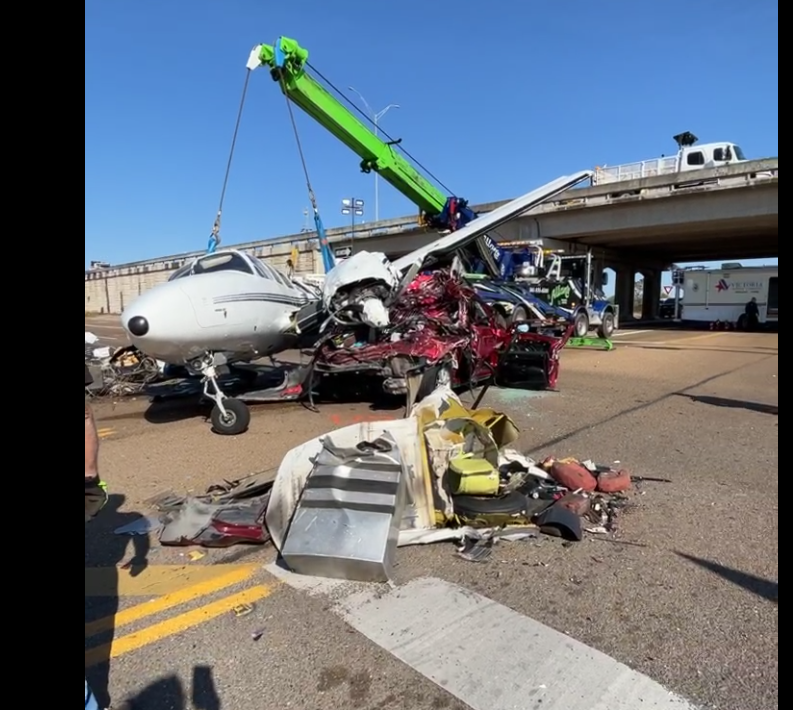Protesting Pilots A Factor In Israeli Readiness?
It’s not clear how the Israeli Air Force’s readiness in the face of Saturday’s attack by Hamas was affected by a months-long boycott of flying by some of its most…

It's not clear how the Israeli Air Force's readiness in the face of Saturday's attack by Hamas was affected by a months-long boycott of flying by some of its most experienced pilots. It's also not clear if any of the more than 400 reserve pilots, including 300 fighter pilots, are still refusing to fly in a protest over judicial reforms. The changes allow the government to overrule the judiciary and the pilots, who are among 1,100 reservists to withdraw their services, have said they would refuse to attack other countries at the behest of an "undemocratic" and "authoritarian" Israel.
A few days before the Hamas attack, Israeli Air Force Commander Maj. Gen Tomer Bar gave the protesting pilots until Oct. 17 to get back in uniform or risk losing flying status and being kicked out of the military. At the time, Bar was concerned about getting the volunteer pilots requalified in time for a major military exercise planned for the end of the month. Most of the protesters had not flown for more than three months when the attacks started. When they announced their intention to not show up for training, Bar said it would hurt the IAF's readiness, and he later described the air force's readiness as "worsening."
Meanwhile, The Washington Post is reporting that Hamas forces used powered paragliders to cross the border into Israel amidst a barrage of rocket fire. The U.S. has moved a carrier group into the region and is moving about 25 more fighters there as a deterrence to try to prevent the war from spreading.






